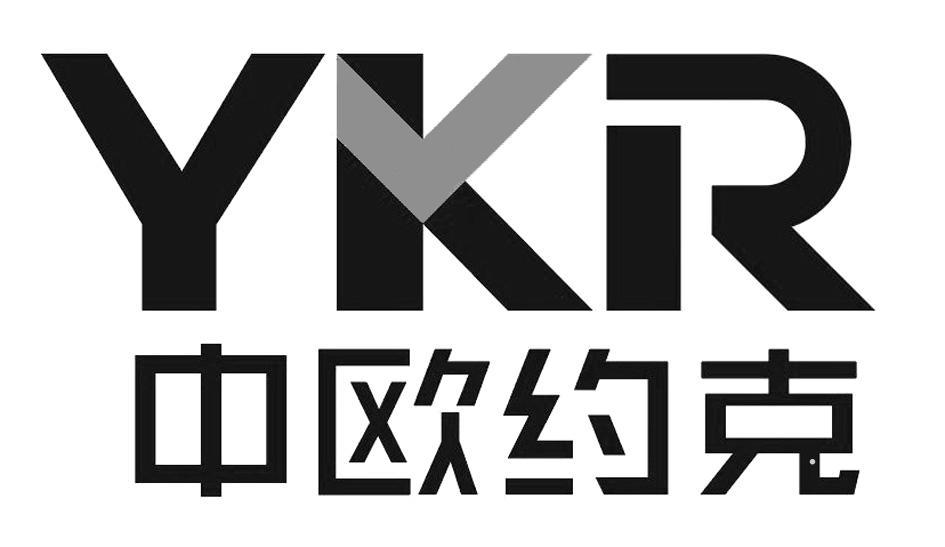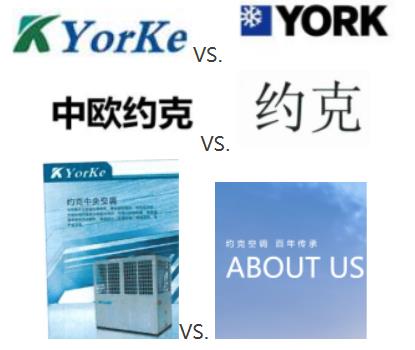Filing a complaint with the Administration for Market Regulation (AMR for short) is one of the most common and effective ways to address trademark infringement and unfair competition issues in China. While, this case stands out from regular AMR cases due to its unique circumstances and the distinctive handling process.
Firstly, the types of infringements in this case were more diverse, involving imitation of trade name and trademarks, misleading promotions, manufacture and sales of infringing goods, etc. Secondly, the infringer's channels of infringement are extremely widespread, with nearly 40 websites and social media accounts used for online promotion alone. In addition, the handling process of this case was more convoluted, involving changes to the complaint requests, settlement negotiations, multiple stages of service including in-person delivery, mail, and public announcements, etc.
Despite the complex procedures and lengthy duration, the final outcome was satisfactory. In the administrative penalty decision, the AMR recognized the well-known status of our client’s brand and fully supported our complaint requests, notably imposing a substantial fine of CNY 160,000 on the infringer.
I Basic Case Information
Supervisory Authority: Administration for Market Regulation of Nanhai District, Foshan City
Involved Brand: “约克” (YORK in Chinese) & YORK
Respondent: Guangdong York New Energy Co., Ltd.
The Complainant, Tyco Fire & Security GmbH, is a subsidiary of the Fortune Global 500 company Johnson Controls. Johnson Controls is a global diversified technology and multi-industrial leader. Its business area now covers HVAC equipment, building automation & controls, security, fire detection, fire suppression, industrial refrigeration, residential and smart home, etc. Johnson Controls and its various brands enjoys a high reputation and fame worldwide.
The Respondent, Guangdong York New Energy Co., Ltd., has been using “York” as its trade name since 2016, and has filed numerous trademark applications in Class 11, which are similar to our client’s marks “约克” (YORK in Chinese) and “YORK”, such as “ ”. In addition, the Respondent has also used its company name, solely and prominently used “约克” (YORK in Chinese) and conflict trademarks applied by them, on nearly 40 websites and social media accounts for online promotions. The Respondent has even produced and sold products bearing the aforementioned similar trademark.
”. In addition, the Respondent has also used its company name, solely and prominently used “约克” (YORK in Chinese) and conflict trademarks applied by them, on nearly 40 websites and social media accounts for online promotions. The Respondent has even produced and sold products bearing the aforementioned similar trademark.
The Respondent's behaviors have not only caused confusion among consumers but also brought a long-term and continuous negative impact on the Complainant and its affiliates. Despite the Complainant's efforts to combat these conflict trademarks and the filing of an AMR complaint, the Respondent had still not ceased its infringing activities. Furthermore, it had applied for and used new similar trademarks, such as “中欧约克” and “ ” (China Europe York in Chinese, Zhong-Ou-Yue-Ke), demonstrating extremely malicious intent in its infringement.
” (China Europe York in Chinese, Zhong-Ou-Yue-Ke), demonstrating extremely malicious intent in its infringement.
Details of Infringements

II Administrative Penalty Decision
i. Order the Respondent to change the registered company name;
ii. Order the Respondent to stop the trademark infringement and unfair competition behaviors on the official website, WeChat official account, WeChat mini-program, Douyin account, etc.;
iii. Impose a fine of CNY 160,000 on the Respondent.
III Highlights of the Decision
i. The fine reaches a substantial amount of CNY 160,000
During the handling of this case, the AMR once expressed an intention to drop the case due to difficulties in tracing the production and sales activities of the Respondent. In response, our team promptly communicated with the client and shifted the focus of the complaint to the existing company name and misleading online promotion, thereby continuing to advance the complaint process.
However, in practice, when the quantity of infringing goods or the profits from infringement cannot be determined, the fines imposed by the AMR on trademark infringers are normally low, often amounting to RMB tens of thousands. Despite this, with clear evidence of infringement and malicious intent and thorough case studies and legal research from our side, the AMR ultimately imposed a substantial fine of CNY 160,000 on the Respondent.
This significant penalty not only effectively targeted the Respondent 's persistent, escalating, and unabated infringement activities over the years, but also underscored the rigor and fairness of law enforcement.
ii. Detailed listing of the Respondent's misleading promotions on various online platforms
Administrative penalty decisions typically provide only a brief overview of the infringing actions of the respondents. However, in this case, the Respondent was involved in misleading promotions across numerous online platforms and accounts. After multiple rounds of communication with the AMR, they agreed to detail the respondent's misleading promotions on various platforms, including their official website, WeChat public account, Douyin official account, and WeChat mini-programs, in the penalty decision. This comprehensive listing aimed to fully demonstrate the Respondent's malicious intent and the scale of their infringement. It also served as a warning that their actions were being closely monitored by both the AMR and the rights holder.
iii. High recognition of the Complainant's brand reputation
In the penalty decision, the AMR devoted an entire paragraph to comment that the Complainant’s York brand has a high reputation and influence in the relevant domestic market. This not only underscores the commercial value of the York brand but also reflects the AMR’s high recognition of the client’s York brand.
iv. Zero tolerance even on the ceased infringing behaviors
During the handling of this case, the Respondent ceased some of the infringing activities. After thorough communication with the AMR, the officer included a review and recognition of these ceased activities as infringements in the penalty decision. This not only fully revealed the extent of the Respondent's infringing actions, but also supported the determination of the substantial fine imposed in this case.
* Original article published on IPR Daily. Read the full article here. *

